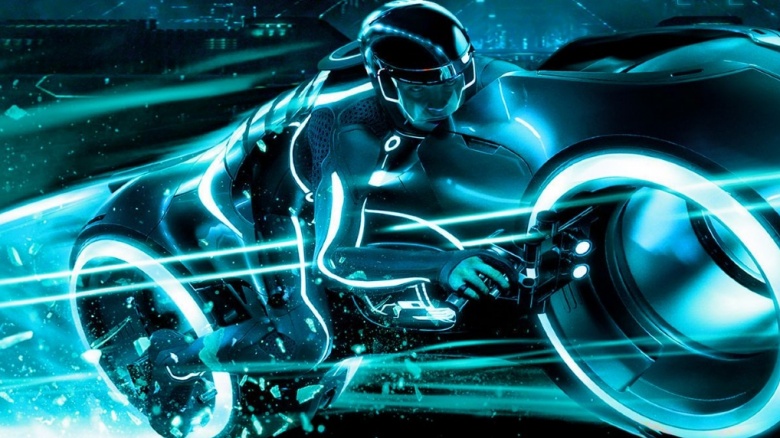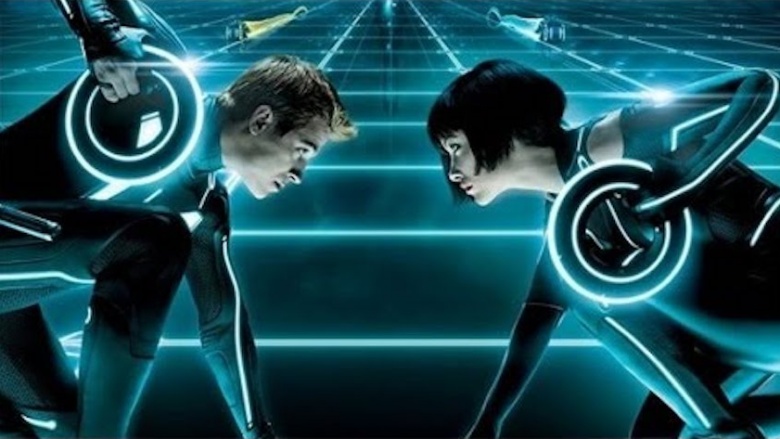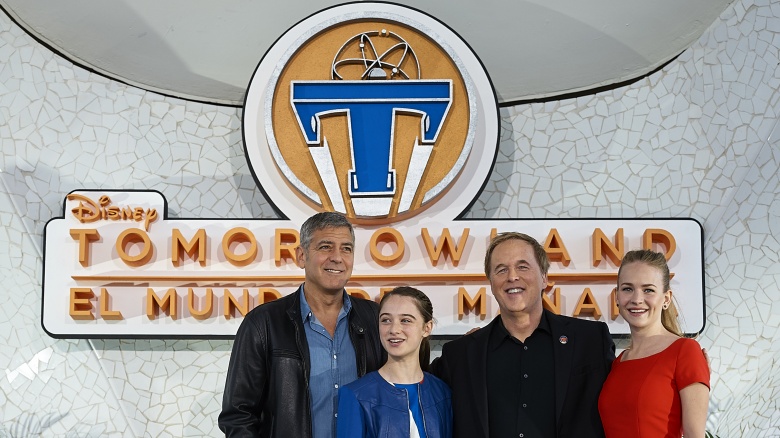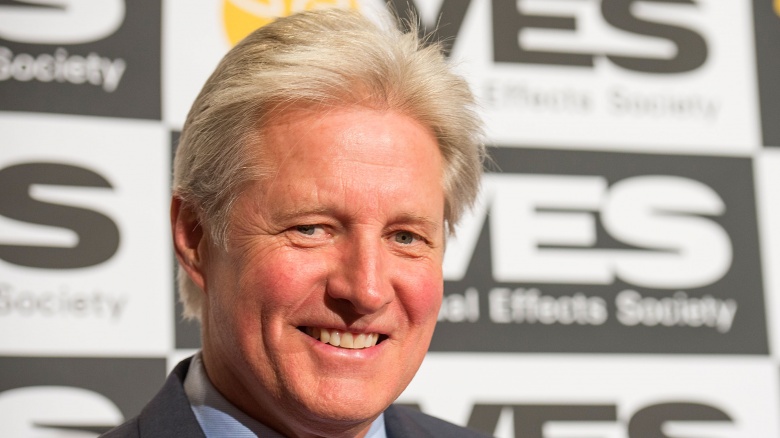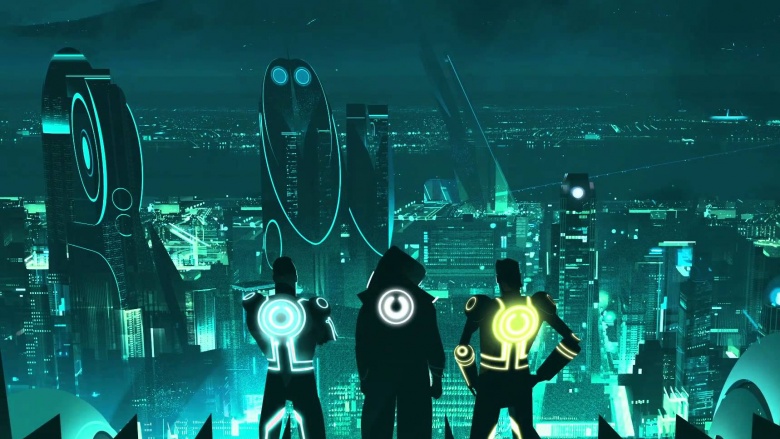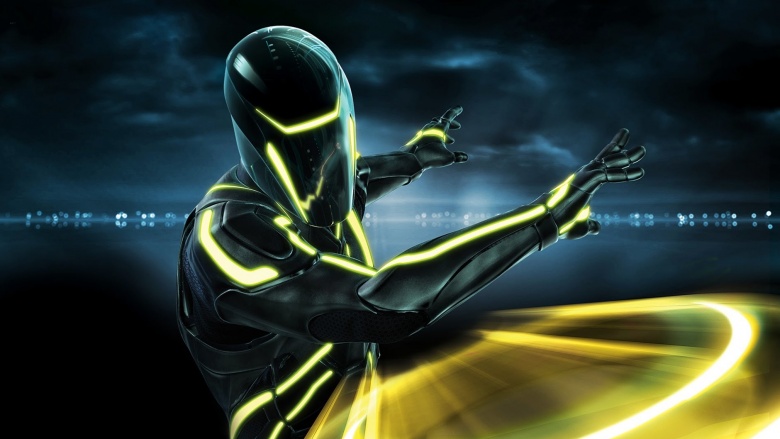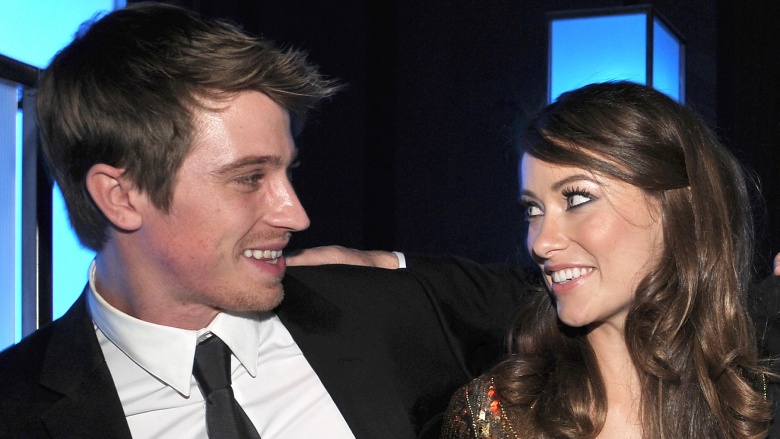Why Disney Gave Up On Tron
After decades of waiting, fans of the groundbreaking 1982 science-fiction drama Tron finally got a sequel in 2010 with Tron: Legacy. Not long after, executives at Disney announced that a third movie, tentatively titled Tron: Ascension, was in the works. Years went by and it seemed like Disney might be waiting another three decades to make another Tron movie...until news broke in 2015 that the third Tron installment was off. Here's a look at why there won't be another light cycle trip around the Grid anytime soon.
The second Tron movie didn't earn enough money to justify a sequel
Tron: Legacy earned $400 million worldwide—far more than the $33 million Tron earned at the U.S. box office in 1982. While that's a lot of money, certainly for a brainy, thoughtful sequel to a 30-year-old cult hit, it wasn't enough to build a franchise. For perspective, Disney's 2010 live-action Alice in Wonderland—which did ultimately receive a sequel—brought in more than $1 billion. And even after raking in hundreds of millions in box-office receipts, it still wasn't all that profitable—Tron: Legacy cost Disney $170 million to make. Another Tron with the same budget (or more) just couldn't be justified.
Tron 3 wasn't a remake of a classic Disney animated movie
At the time Tron was canceled in 2015, Disney's release calendar for the next few years was already booked pretty solid with big tentpole releases like Cinderella, The Jungle Book, Beauty and the Beast, and a sequel to Tim Burton's take on Alice in Wonderland. What's the common factor here? Not counting Marvel movies, Disney's live-action slate for the time being is almost exclusively remakes of its well-known animated movies. (Mulan, The Little Mermaid, and Dumbo are also in the works.) Trading on familiar and popular properties is not financially risky. Tron, while a familiar brand, just doesn't fit in with this overall corporate strategy.
Tomorrowland under-performed at the box office
The news that Disney had pulled the plug on a third Tron movie broke in May 2015, immediately following the disappointing opening weekend of Tomorrowland. Unlike the Tron movies, it was loosely based on a Disneyland attraction. Like Tron, it was less about the action and more about "big issues," like the power of technology to unite or divide, and what it truly means to be human. Despite having George Clooney star and Pixar mastermind Brad Bird in the director's chair, Tomorrowland couldn't clear $100 million at the domestic box office—well below its reported $200 million budget. Seeing as how Disney also has a series of live-action remakes of animated movies, controls Marvel Studios, and releases the Star Wars movies, they have no need or patience for middling-performing action movies like Tomorrowland...or Tron.
There was trouble in the stars
The plot of the third Tron, or Tron: Ascension: , was going to follow the the A.I. program-made-real Quorra (Olivia Wilde) as she ventures out into the real world. Wilde was ready to return, as were Tron: Legacy costar Garrett Hedlund and director Joseph Kosinski. Filming was set to begin in Vancouver, B.C. in late 2015. But Bruce Boxleitner, who'd been a part of both Tron films, was adamantly opposed to returning. "I don't really care anymore. I'm done with it," Boxleitner said. "I hate to say that but it's been too up and down for me. I would rather not just keep going. I don't want to repeat my career anymore."
The Tron TV show flopped
A TV version of a film property can be a good test of commercial viability—if a show brings in millions of viewers, at least some of them will check out a movie version. In 2012, the cable channel Disney XD started airing Tron: Uprising, a sleek, computer-animated series set in the Tron world. Nearly two million people tuned in to the first episode (opposite the NBA playoffs no less), but ratings dropped off quickly, with episodes generally pulling in around a paltry 300,000 viewers. Tron: Uprising was canceled in 2013 after 19 installments, an indication that the Tron franchise had reached critical mass.
Merchandise didn't sell very well
When Tron: Legacy was released in the fall of 2010, Disney and its corporate partners also released a ton of Tron tie-in merchandise, including video games and gaming peripherals. (A super-futuristic-looking pop-up store selling only high-end Tron merch was constructed in Culver City, California.) Movie studios look to merch to earn back some of its investment on huge movies, and Tron: Legacy was no exception. The Tron: Legacy stuff just didn't move, which put the financial feasibility of more Tron movies in jeopardy. For example, Tron: Evolution, a game which has a plot that served as a prequel to Tron: Legacy, was a well-hyped console title for Xbox 360 and Playstation 3. It sold a shockingly low 190,000 copies.
The dream of a rebooted Tron 3 persists
After the next Tron movie was canceled, Olivia Wilde expressed disappointment that she wouldn't get to play Quorra again in the immediate future. But she also was so pleased with how Tron: Legacy turned out that she has no regrets, saying, "I don't mourn the loss of the continuation of the story because I'm so grateful for what we got to do."
However, Wilde still hasn't closed the door on another movie. She joked that maybe Disney will once again wait a really long time between Tron films. "There were 30 years between the first Tron and the second Tron. Maybe I'll be making Tron when I'm 60." Co-star Garrett Hedlund agrees, telling Slashfilm that "maybe I'll have my young Flynn CGI face, who knows? But they could do it anytime from now, and I would of course jump back in. Something like that could be quite fun, though!"
Tron's long, strange saga took yet another unexpected turn in early 2017, when word leaked that Jared Leto was in "early talks" with Disney to produce and star in the franchise's third installment. Given all the twists and turns this story has taken so far, we wouldn't be surprised if the project was ultimately de-rezzed yet again, but we've learned enough to never assume it's really, truly game over.

